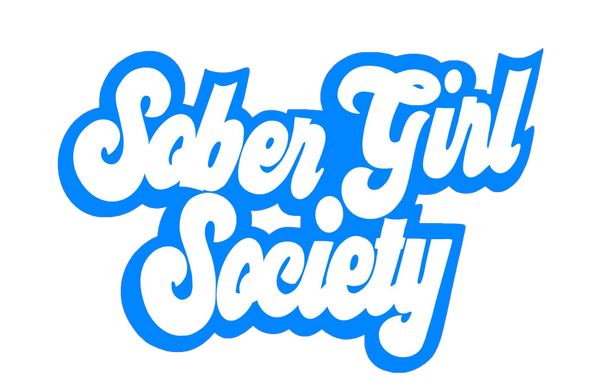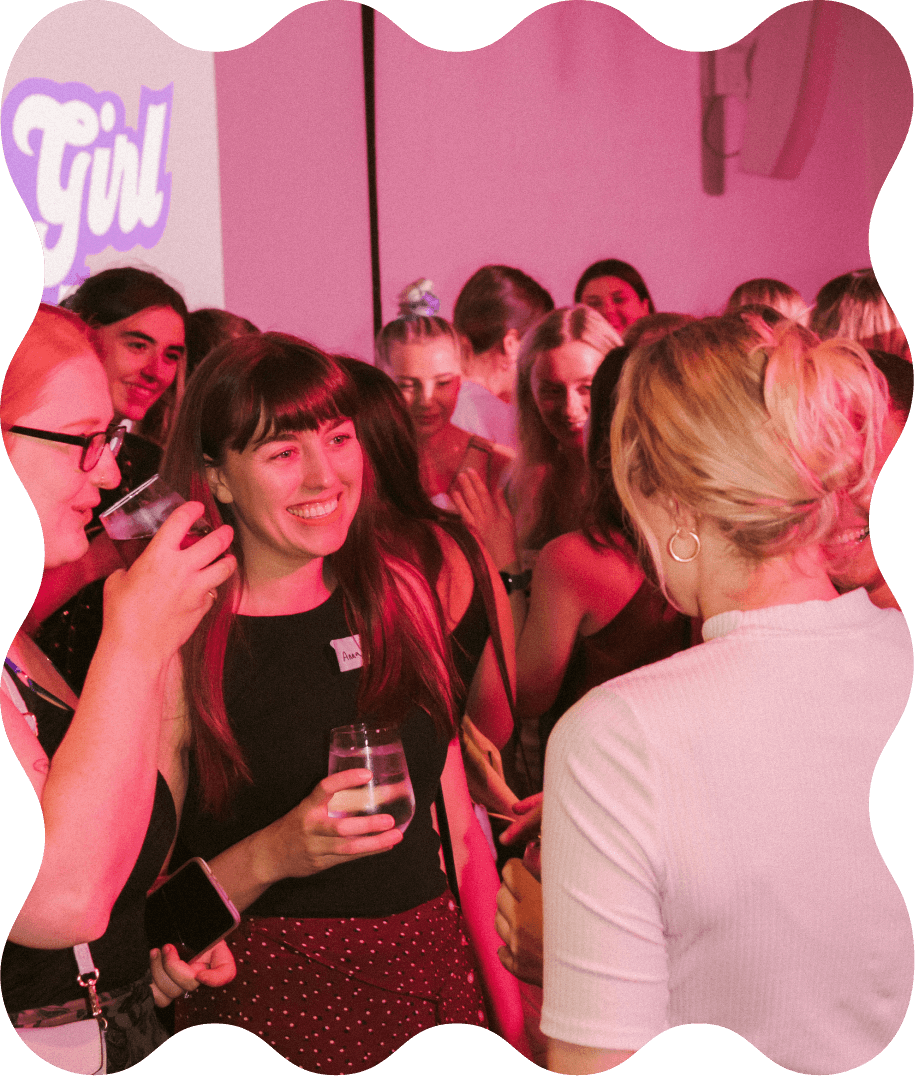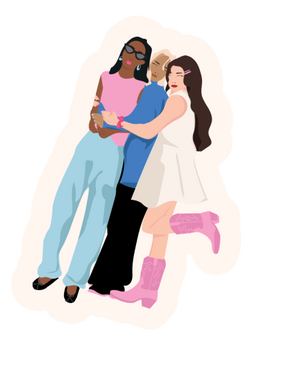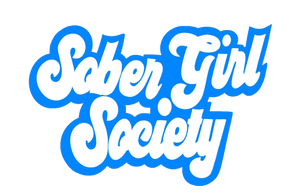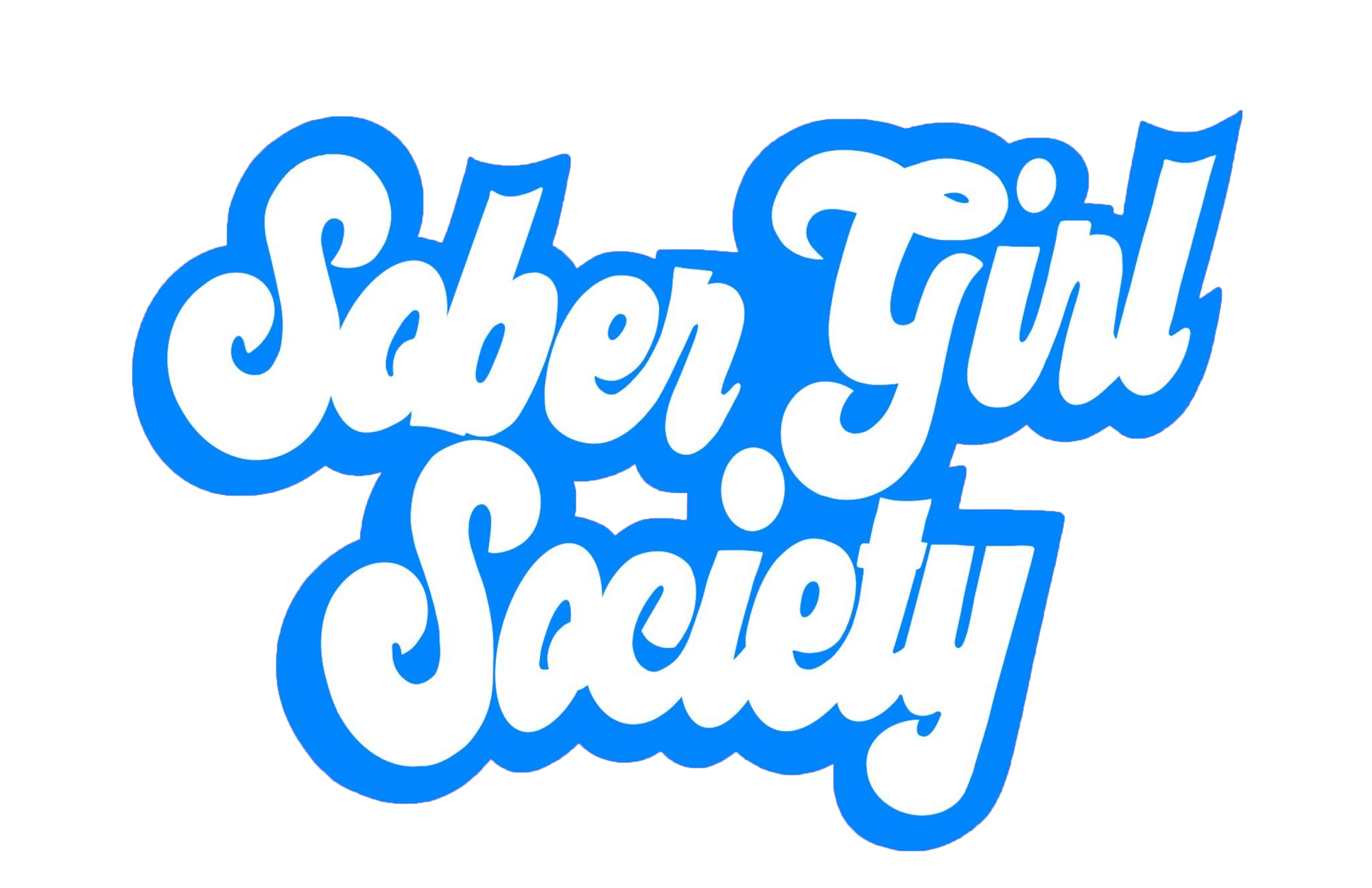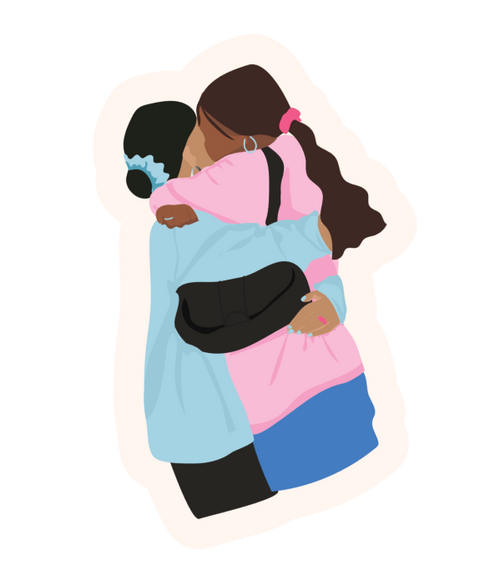Flashbacks, reluctant PR and the gains vs. loss in sobriety

Flashbacks
Do you want to hear a funny story? There was once a girl who was brought home in a police car, at 2pm on a Saturday, after being discovered unconscious on the road somewhere between boozy brunch and home. While riding in the car, a moment of self-consciousness led her to feel suddenly embarrassed about her situation, a lovely middle-class career woman like herself — whose only previous dealings with the law had been reporting bad people who put dents in vehicles in supermarket car parks and didn’t own up to their crime.
In a moment of inebriated inspiration, she thought perhaps if she could convince these fine officers of the law that she was in fact their colleague (rather than a vomit encrusted sea urchin they’d found in a puddle on the Rathmines Road) they might just let her get out of the car and hobble home in her own time. She began to slip on the sleeves of a spare uniform jacket that lay beside her in the taxi of shame, in a way that she imagined was very subtle indeed.
“Take that off immediately”, said one of the stern men from the front seat.
“Take what off?” said the girl, in a voice that she believed to be seductively charming. This was her new tack, she decided on the spot. Perhaps if the policemen fancied her enough, they’d open the door and let her out. Gosh, was she glad she did all those improv classes.
After a beat of uncomfortable silence, the two policemen began to laugh. Not just laugh, snort. So hard in fact, that they had to pull over the car and take numerous deep breaths before they could continue driving the girl home. They thought the girl was entirely pathetic, that much was clear. Well the joke was on them, she thought to herself, because she was a lovely and highly accomplished girl who had simply had too many social mimosas with her dear friends. Where were her friends, actually?
The story goes blank here for a little while. That often happened for the girl, the days made up of scenes that cut abruptly and reopened in whole different settings, like an edgy indie film. The girl’s next memory is being at home, alone, in a hot bath, on the phone to her mother’s friend, asking her for great detail about a fight she was having with her teenage daughter — something the girl’s mother had told her about in confidence. Her phone was full of texts from people saying they can’t take a call from her right now. A woman who had interviewed the girl for a job the previous week had left a voicemail to ask the girl if everything was alright. What a weird and inappropriate woman, the girl thought to herself.
The next scene finds the girl in a taxi, hours later, hurtling towards a housewarming party that her friend was hosting. She had brought a bottle of wine for a gift, but realised halfway through the car journey that it was somehow empty. How strange. The taxi man was annoyed at the girl, though she couldn’t quite remember why. Something to do with lying about knowing his daughter. He left her in an estate a few streets away from the party, and she wandered for a little while until she came to the right door – ringing people for a chat as she walked. When she arrived, her phone clock said she’d been walking for ninety minutes, and she thought to herself that she must be getting very fit as it had only felt like a matter of seconds.
In the house, the girl asked the host for something to drink and began draining a gin cocktail from a communal jug, straight into her mouth. It tasted like water, and the girl wondered suspiciously if it was a trick drink that the host had put out to save money. The girl looked down and was suddenly aware that she was wearing stained pyjamas. She was barefoot, and her feet were bleeding from the walk. She realised abruptly that the room full of glamorously dressed people were staring, whispering.
She made a point then of asking thoughtful questions about their personal lives, so they would forget how she was dressed and focus on what a kind and engaging girl she was. How much did their houses cost, she probed – mentally patting herself on the back for coming up with such relevant conversation prompts. She tried to think of exciting news from her own life to share and failing this, decided to just make some up.
“I’m thinking of coming off the pill,” she whispered to the stranger beside her. “Any thoughts?”
The taxi man on the way home was kind. In between sleeps, the girl would ask him to pull over at an ATM so that she could get money out to pay him.
“You’ve already paid me,” he repeated patiently. So easy to forget these things.
Reluctant PR
This girl was me, but I can’t write about my drinking days in the first person just yet – even now that I am 388 days sober. I don’t consider that a funny story anymore – though there was a time when re-telling it was one of my party pieces. The day that I’ve just described was not my “rock bottom”, where I realised what a mess I was in and stopped drinking immediately. This story is one of many, many times where I put myself in frightening situations because of alcohol and rationalised it all by turning it into a comedy the next morning. I learned that many people enjoy seeing problem drinking through a lens of hilarity – all I had to do was find those people, tell them my stories, laugh together, and move onto the next incident.
My sober-self became a reluctant PR representative for my drunk-self; an unrecognisable woman who revelled in making this job as challenging as possible. We were so distinct from each other that we couldn’t even share a name – Nicola handled the damage control for the notorious Dricola.
There is great debate as to whether problem drinkers like myself are born with differently wired brains, or if anybody could develop this problem in the right (or wrong, as it were) circumstances. I can’t give you the science behind it, but I do believe I am biologically incapable of having a healthy relationship with alcohol. Accepting that, in all its horrendous unfairness, was a turning point in maintaining sobriety for me. Some people can drink, I cannot. For me, it has to be that black and white or I will be straight back to being that girl in the police car again.
Gains vs loss in sobriety
I want to get across that there was actually very little sacrifice involved in my decision to stop drinking. Controversially, I did not join any sort of programme to help me except for a few informal Facebook groups – I have, against the odds, managed to achieve a phenomenon referred to as “spontaneous sobriety” for over a year, and I believe I will maintain it for the remainder of my life. This is because my life is simply so much better without alcohol in it. To quote one of my sober idols, Millie Gooch of Sober Girls Society fame, alcohol is like a toxic ex – I have experienced something healthier now, and have no desire to go back to that relationship. Why would I ever want to be the girl in the dirty pyjamas again?
I had major reservations about total sobriety before I tried it, and they mainly centred on the concept of boredom. I worried that life would be boring without enhancing substances, and that I myself would become (or worse, would be perceived as) boring and judgemental. I would in fact argue that sobriety has had the opposite effect.
Do you know what’s boring? Talking to someone who keeps repeating themselves, who doesn’t listen to you, who’s so unaware of social cues that they keep chewing your ear off when you’re actively trying to walk away from them. Going out for dinner with someone who keeps disappearing to the bathroom to get sick, or to have a cheeky power nap on the floor of the cubicle (I know, very glam.) Going on holiday with someone who spends large portions of the day in a dark room crying, so powerful is their hangover. This is a boring person, bad company – and this is who I was when I drank.
I love being around people who are fully present. People who remember conversations you’ve had previously, who listen and ask thoughtful questions. People who contribute to discourse in a way that is witty, funny, sharp – un-blurred by drugs that affect their memory and reaction speed. People who are genuinely warm and follow through on the things they promise you, people who keep the next morning’s brunch plans. People who create connections that feel real, and last beyond the effects of several cocktails.
I also deeply admire people with the balls to approach others and strike up a conversation without relying on artificially lowering social inhibitions. That is the kind of person I can be when I don’t drink, these are the qualities that I can carefully nurture in myself when sober.
Boredom and peace are very different concepts. My lifestyle now is extremely peaceful. I wake up every day with full memory of my actions from the night before. I still do things that I regret sometimes – but I can take full accountability for them and apologise in a meaningful way if necessary. My mind is clear, unhampered by the anxious background music that I now realise is an unavoidable part of my hangovers. On weekends I get up early, get some exercise on the beach, enjoy lazy breakfasts with friends, and sometimes go out dancing – an activity I’m actually a lot better at when I have full control of my limbs. I travel whenever I’m able to, often solo. I feel safe wandering foreign alleyways with my full faculties.
I feel everything now, but I’m learning that’s not necessarily a bad thing. I’m able to write better. My relationships are stronger. I like myself and respect myself in a way that I never have before. I have a little dog now who’s never met Dricola. He’s a nervous sort who finds comfort in the stability he sees in me, and I love that. This might all sound boring written down – it’s not. It’s exhilarating.
I don’t judge anyone who drinks. God, how could I? But nor am I jealous. I’m glad, in many ways that my problem habits were as extreme as to push me into a completely sober life. I find such beauty in the rawness of it. If you can drink healthily, that’s great – I can’t, and that’s okay too.
Written by Nicola Spendlove
Nicola Spendlove originally qualified as an occupational therapist, but thoroughly enjoys thinking outside the box about where this understanding of the human condition can take her. She has worked everywhere from theatre to community development. She lives in the beautiful seaside resort of Tramore, Ireland, where she is kept very busy raising a lively whippet named Louis. She has been fabulously sober since December 2019.
